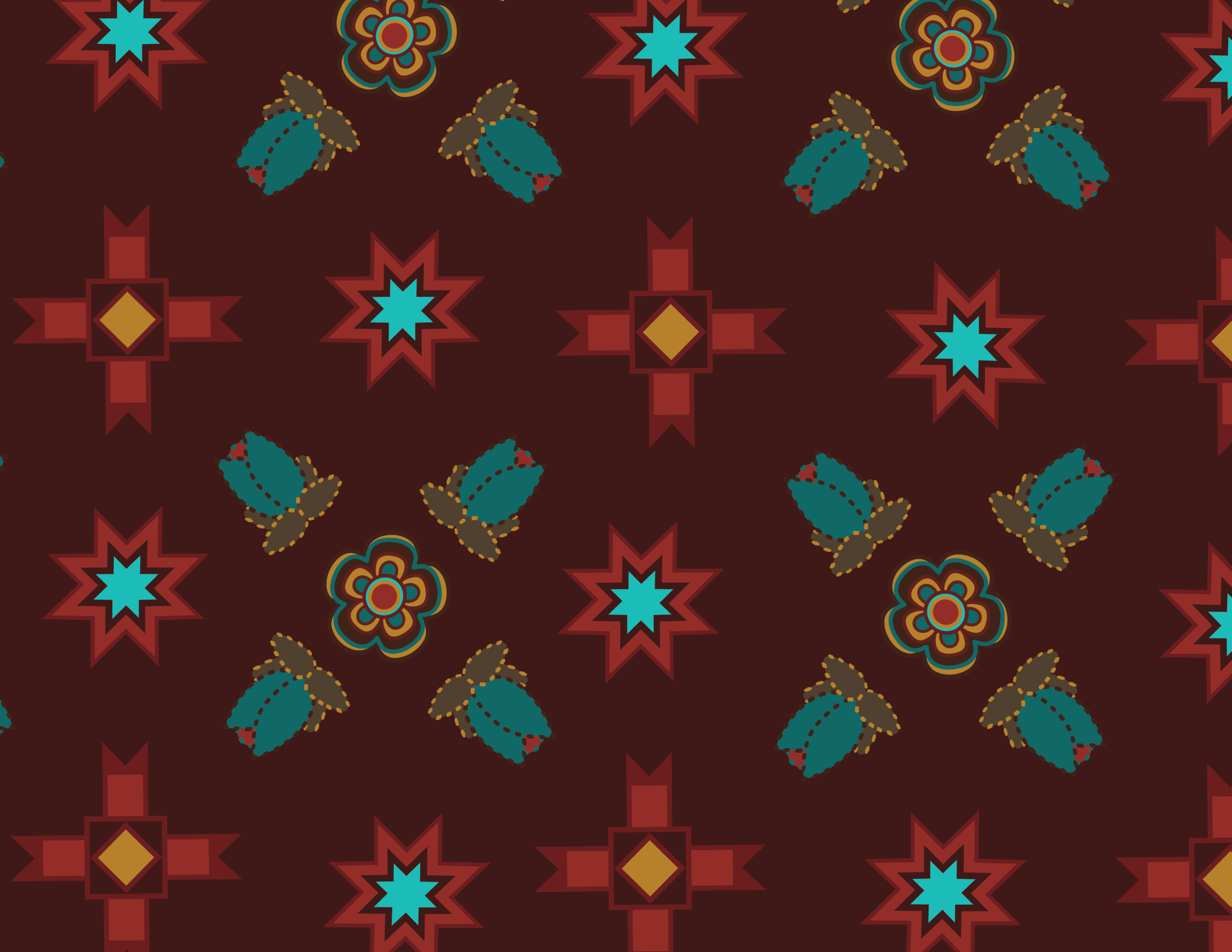
ABOUT

Statistics show that as of the 2010 U.S. Census there were 5.2 million people in the United States who identified themselves as Native Americans.
Of that population, only 22% live on reservations. 78% of this country’s American Indian population lives in urban areas off reservations, and as such has no access to the aforementioned federal and state funds traditionally reserved for tribal entities.
In short, funds that are set aside for the assistance of Native Americans are not assisting the vast majority of Native Americans. Little Earth and the surrounding American Indian community are emblematic of this hurdle. Language and/or eligibility designations of how federal and state funds are allocated to this population base needs to change in order to ensure that those funds actually reach the programs and populations intended.
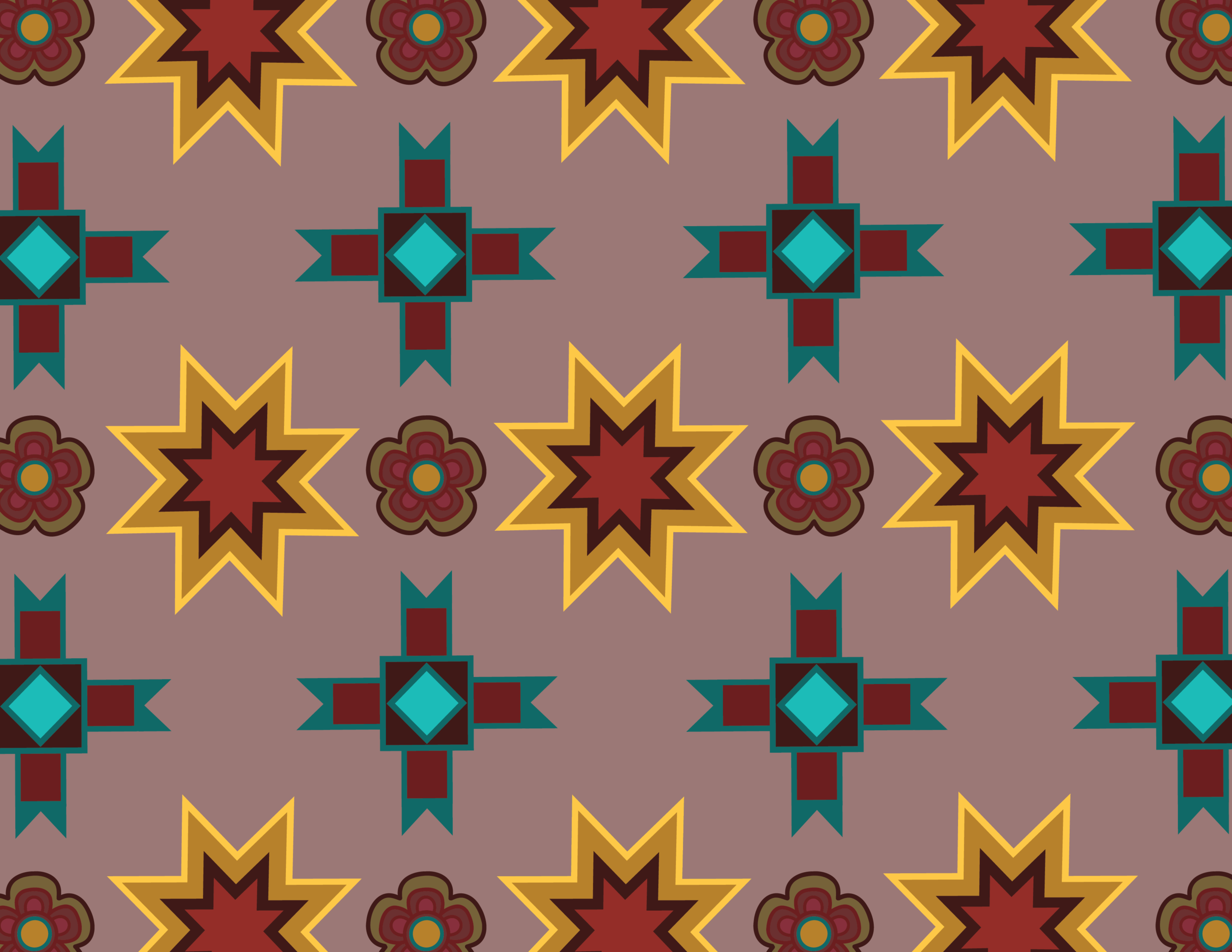
Our History
Little Earth is a 9.4 acre, 212-unit Housing and Urban Development (HUD) subsidized housing complex located in the urban industrial core of Minneapolis, Minnesota in the East Phillips Neighborhood. It is home to nearly 1,000 residents, 50% of whom are under the age of 21. Little Earth was founded in 1973 and remains the only Indigenous preference project-based Section 8 rental assistance community in the United States. The Little Earth community has become a model for organizing on a variety of environmental and social justice issues, as well as a model of self-determination for all Native peoples. Although originally intended to be temporary housing, Little Earth residents prefer to live close to or in the community due to the communities’ cultural identity and the need for cultural preservation.
The Indian Relocation Act of 1956 encouraged Native people to leave their reservations and move to cities, and Minneapolis saw an influx of Native people from all over the Midwest. This geographic extraction was another attempt at forced assimilation and resulted in residents becoming disconnected from their cultural and tribal identities. Intergenerational knowledge of culture is often lost or forgotten with youth unaware of the cultural knowledge of their elders. Little Earth was formed in 1973 in a response to housing discrimination and created a community for Native people to remain culturally connected and seek resiliency and create systems change. Grass roots activism created Little Earth, and has been a hallmark of the Little Earth community since its earliest form in the 1970's. Founded in 1973 and incorporated in November of 1983, Little Earth of United Tribes is an American Indian community designed to provide its residents with the skills and experience to assist on their journeys toward economic stability and self- determination.
The Little Earth Residents Association (LERA) was founded for engagement and representation with HUD. LERA now serves as a community center that offers comprehensive holistic programming for residents as well as individual support. Our renewed effort to create and build the capacity of our residents has provided greater representation and voice for Little Earth with emerging leaders representing our Indigenous values.

Our Timeline
1973
Founded in 1973. Little Earth has been a center for American Indian support since its inception, and been recognized as a leader and innovator in providing services to the American Indian community in South Minneapolis in the form of highly rated educational and social programs, pre-school partnerships, Hennepin County services through our Omniciye program, elders services, health initiatives and cultural programming. Within 3 years of opening, the Little Earth development fell victim to a number of financial and managerial problems, most the result of substandard construction of the original units.
1975
In 1975, the creation of a new governing Board of Directors comprised of prominent American Indian leaders from established organizations in the region. The new board incorporated itself as Little Earth of United Tribes and selected the American Indian Movement (AIM) to manage the property.
1990
Little Earth continued to struggle for survival throughout the 1980’s, and by 1990 the development was facing severe financial hurdles. In many ways, the sense of purpose that was developed in the community over the years, the dedication of the Little Earth Residents Association, the support of local social service organizations and the cooperation of the City of Minneapolis showed the federal and state government that Little Earth was worth preserving.
1994
New leadership at Little Earth worked tirelessly through the late 1990s to restructure the community’s finances, improve the units and grounds, and to develop new educational and social service programs catering to the needs of Little Earth residents.
TODAY
Today, Little Earth has become a reservoir of political and community organizing on a variety of environmental and social justice issues and a model of self-determination for all Native people.

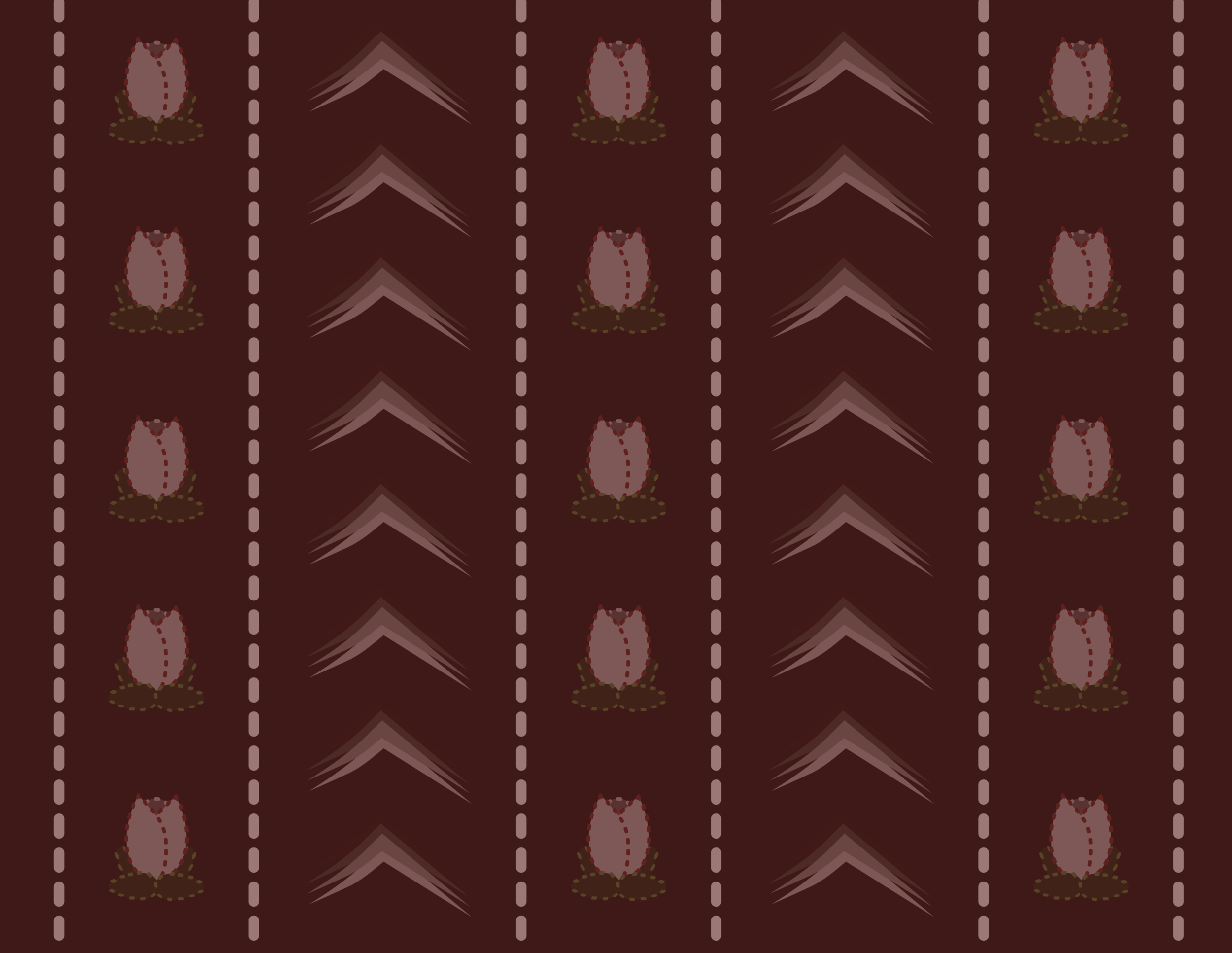
-

DANIEL VITTERA
Director
Counseling Program
Daniel.Vittera@learth.org -

DAREK DELILLE
Counseling Program Coordinator
Bad River & Fond Du Lac Ojibwe
Darek.DeLille@learth.org -
EMILY DALLMANN
Counseling Program Administrative Assistant
Emily.Dallmann@learth.org -
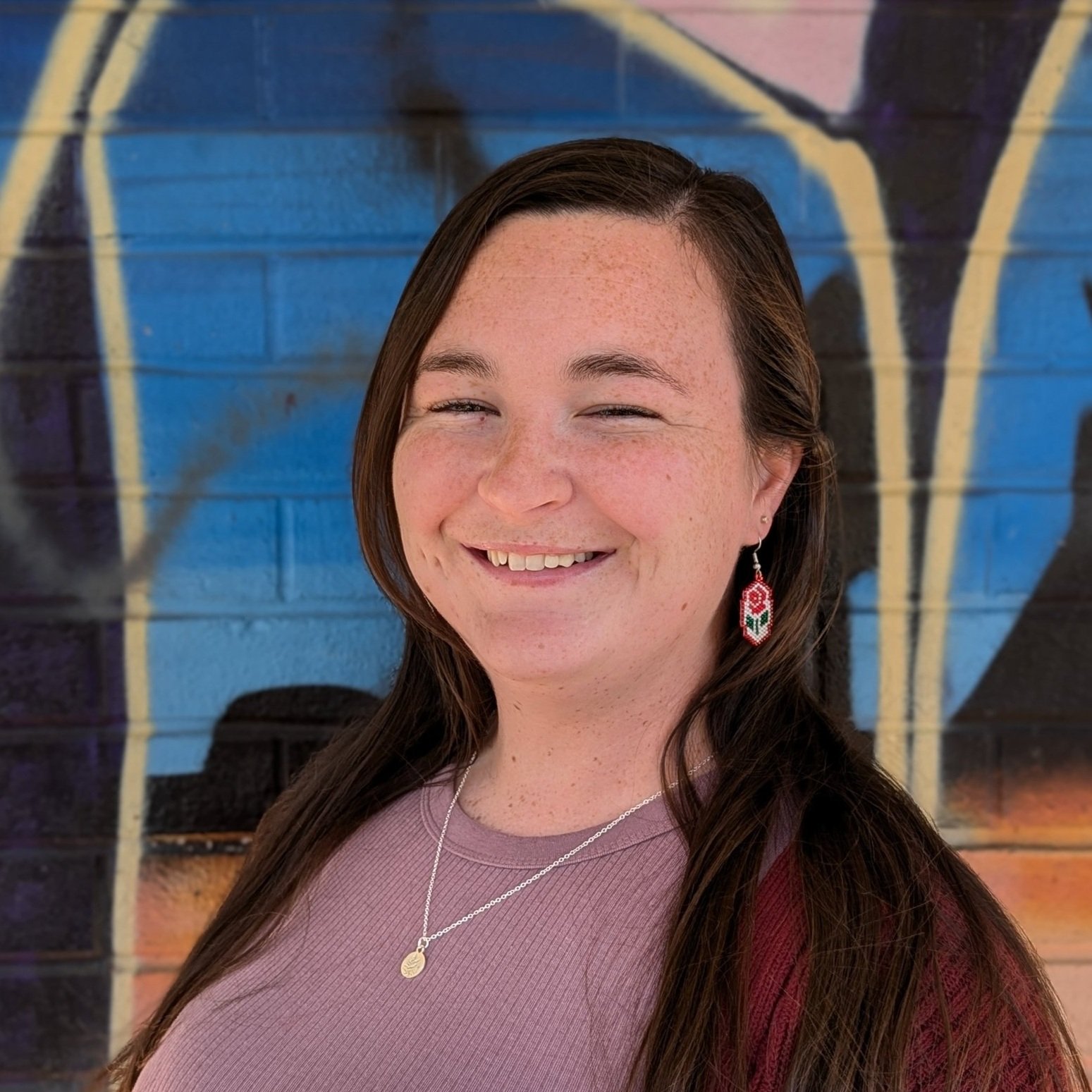
LAINEY CONNELLY
Youth and Family Art Therapist
Elaine.Connelly@learth.org -

SUZY HICKEY
Adult and Family Therapist
Southern Cheyenne
Suzanne.Hickey@learth.org

Youth Empowerment Staff
-

ALLYSIA SMITH
Youth Community Advocate
Navajo Nation
Allysia.Smith@learth.org -

AMANDA VALVIDIE
Teen Specialist
Amanda.Valdivie@learth.org -

CAMRYN RETTIG
Boys & Girls Club
Middle School Specialist
crettig@bgctc.onmicrosoft.com -

LATISHA ICEMEN
Director
Youth EmpowermentRed Lake Band of Ojibwe
Latisha.Icemen@learth.org -

LAURA PETSCHAUER
Boys & Girls Club
Program Director
lpetschauer@bgc-tc.org -

SHARON CHAMBERLAIN
Wiconi Waste Program Coordinator
Winnebago Tribe of Nebraska
(Ho-Chunk)
Sharon.Chamberlain@learth.org -

TALAYA HUGHES
Teen Recovery Coach
White Earth Band of Ojibwe
Talaya.Hughes@learth.org -

TJ VALTIERRA
Boys & Girls Club
Branch DirectorRed Lake Band of Ojibwe
tjvaltierra@bgc-tc.org -
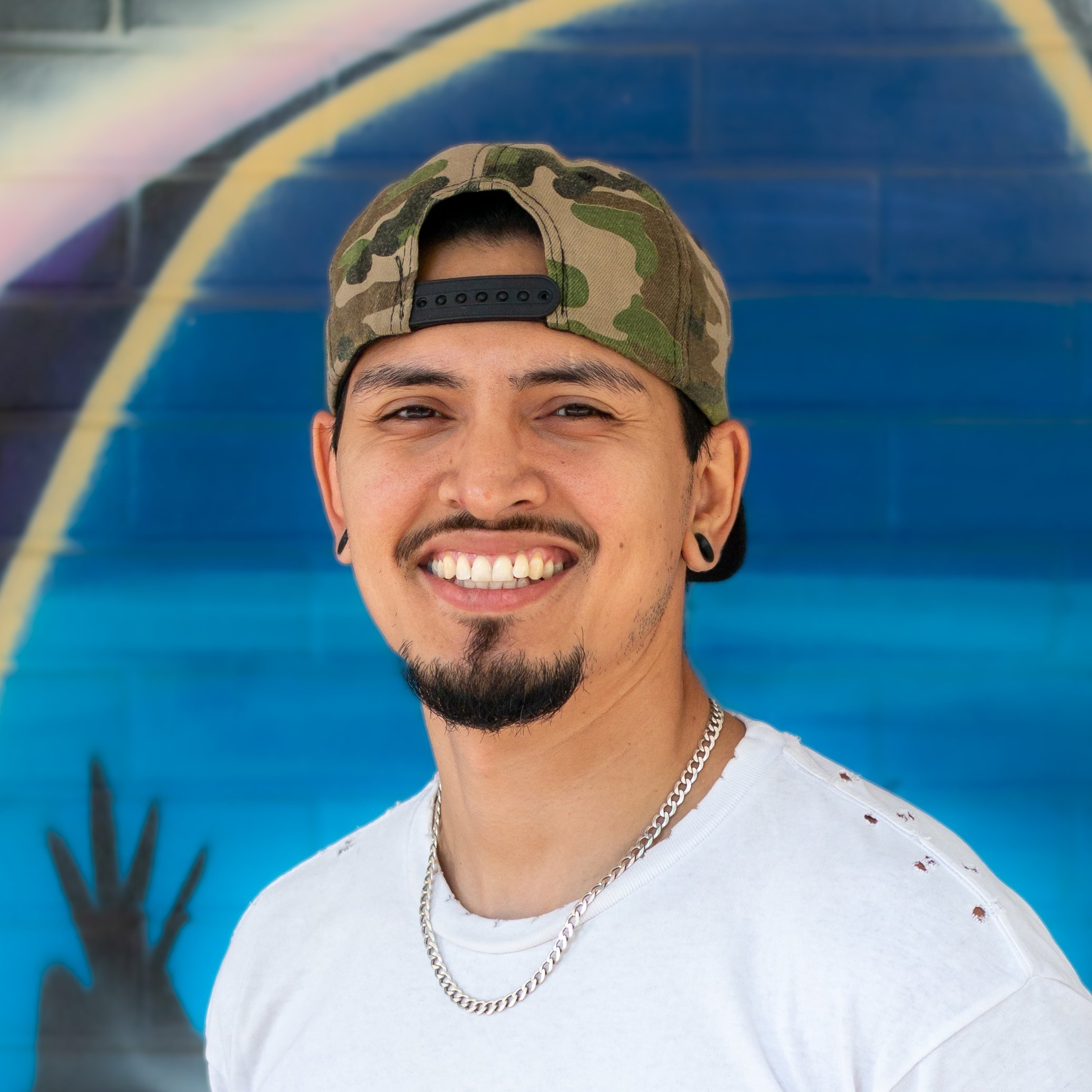
ZAY ALEMAN
Boys & Girls Club
Teen Specialist
ialeman@bgc-tc.org

Adult and Family Empowerment (AFE) Program Staff
-

ANN ROY
Adult and Family Advocate & Engagement Specialist
Winnebago Tribe of Nebraska
(Ho-Chunk)
Ann.Roy@learth.org -

DONAVAN BEGAY POSTIER
Director
Adult and Family Empowerment Programs & Communications
Navajo Nation
Donavan.Begay@learth.org -

THADD HALL
Adult and Family Advocate & Engagement Specialist
Mandan & Hidatsa
Thadd.Hall@learth.org

Housing Advocacy Program Staff
-

CATHEE VICK
Director
Housing Advocacy ProgramWhite Earth Band of Ojibwe
Cathee.Vick@learth.org -

MARI LAROQUE
Program Assistant & Transportation
White Earth Band of Ojibwe
Mari.Laroque@learth.org

Urban Farm & Food Sovereignty Projects
-
EVELYN CASTAWAY
Zero Waste Coordinator
Evelyn.Castaway@learth.org -

JONAS KAZLAUSKAS
Director
Urban Farm
Jonas.Kazlauskas@learth.org -

SOFIA HERNANDEZ
Program Assistant
Spirit Lake Nation
Sofia.Hernandez@learth.org

Administrative Staff
-

AIYANA KLINE
Administrative &
Executive Director Assistant
Turtle Mountain Chippewa
Reception@learth.org -

HOLLY RAAB
Development Director
Kiowa Tribe of Oklahoma
Holly.Raab@learth.org -

JOE BEAULIEU
Executive Director
Red Lake Band of Ojibwe
Joe.Beaulieu@learth.org
OUR BOARD
Jacqueline Neadeau
LERA Board President
Margaret Percy
Elder Representative
Linda Vermillion
Cluster 3 Representative
Lois Long
Cluster 4 Representative
Deana Parra



